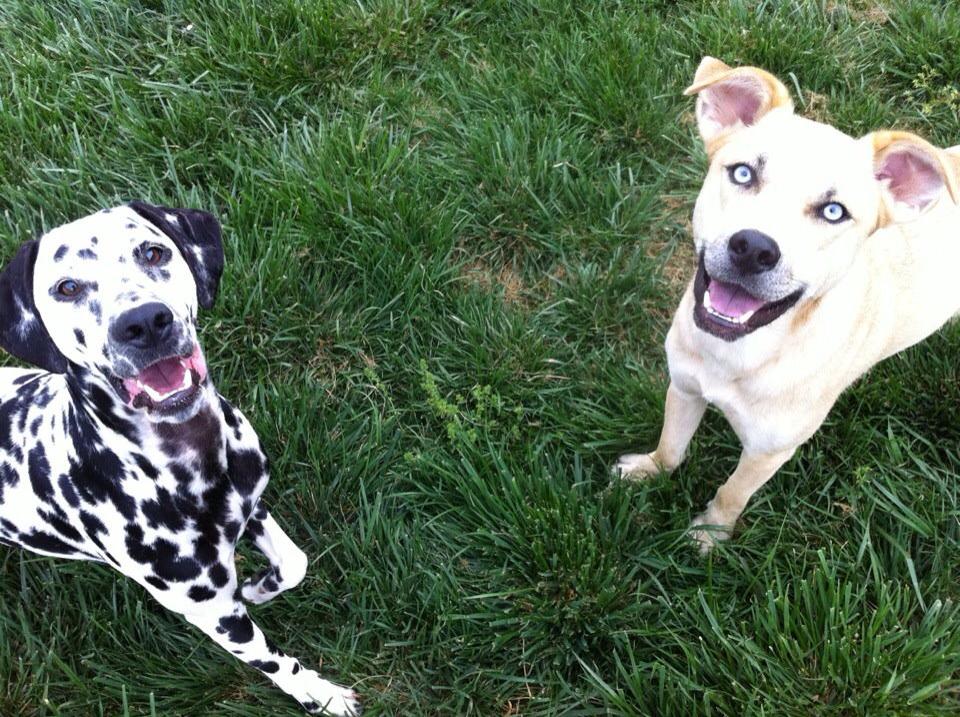But it doesn't seem to hurt her...
by Kathryn Primm DVM on 04/24/14
Obviously as a practicing veterinarian, I see patients every day for a variety of complaints. Many of the issues that I notice are not the actual presenting complaint. For example, I do a very through exam, even on a routine visit because I take my role as the voice of the pet very seriously. I do not want to overlook any abnormality. I try to check everything, while asking the owner questions as I go. Many times I will note something like a mass and ask how long it has been there. Sometimes the answer boggles my mind. The owner might reply, "Oh that, yes that has been there for a month or two. It used to be a lot smaller than that but seems to be growing. I didn't think it was a big deal because it doesn't seem to hurt her." Statistically speaking, many malignancies are not thought to be painful in dogs. (Something we have to extrapolate from humans with comparable cancers) The lack of pain does not indicate less danger. Human women, for example, should do a monthly breast self-exam because most mammary tumors are non-painful and unless you feel them, you will not know they are there. Pets are like us in this way. They need to be examined daily by their owners and at least yearly by their veterinarian. Certainly the lack of pain does not decrease the importance of medical care.
And consider this, animals in the wild try to hide weaknesses and pain because they know that only the strong survive. It is instinct to avoid standing out in the group as the sick or the weak. So even if the issue is a painful one, you may not know.
A good example is an excruciating disease process in cats called Tooth Root Resorption. We, as veterinary professionals, know it is painful because even under anesthesia, when you touch the lesion with a probe, the cat will reflexively pop its jaw. This is an incidental diagnosis that I usually make on my exam because owners say that the cats are acting fine and eating normally. But after I address the disease, owners report that their cats act like kittens and they thank me and wish they had addressed it sooner. You just can't always tell the severity of disease by the overt pain level.
The list of examples of problems that are not painful or apparent is a long one. I have only touched on two, the bottom line that I want all pet owners (and all of those that own a body too), just because it doesn't hurt or seem to cause problems, does NOT mean it doesn't. Please be alert to changes, masses, bumps, bad breath....anything that is different. And tell your care providers.







